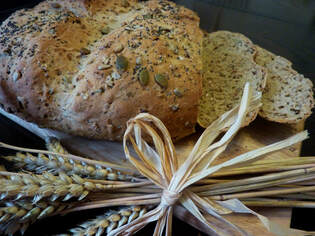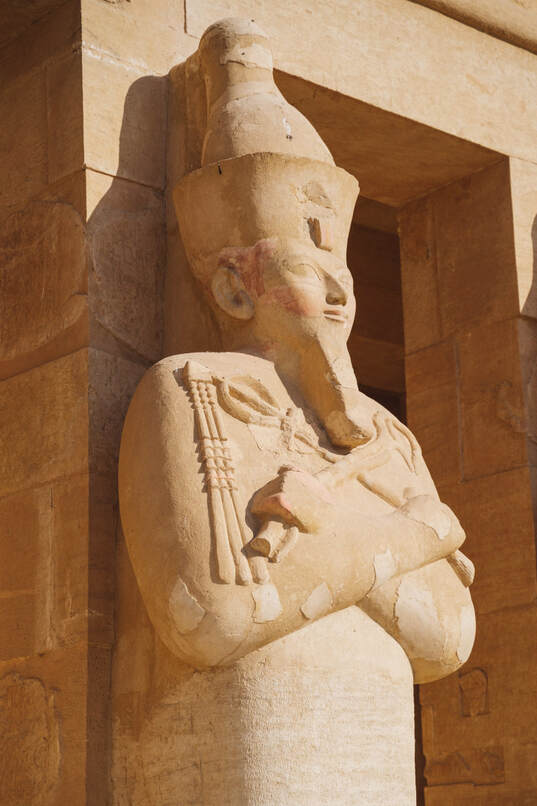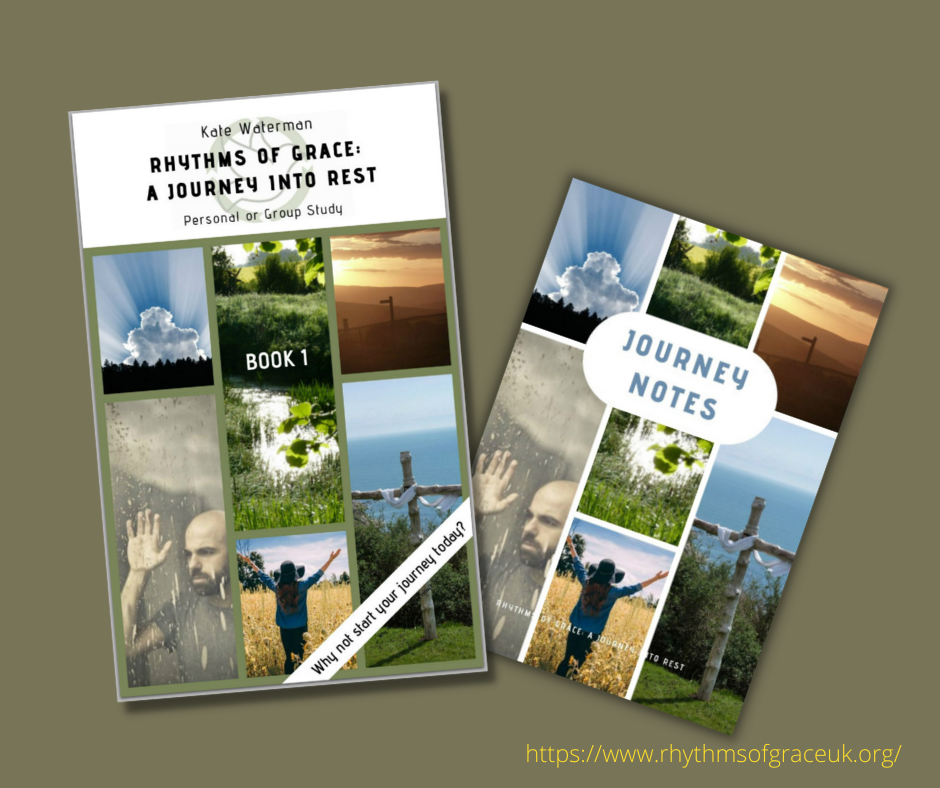- HOME
- INTRODUCTION
-
FOUNDATIONS
- A PERSONAL RELATIONSHIP WITH GOD
- A BRAND NEW LIFE >
- THE GRACE OF BAPTISM
- THE POWER OF BIBLICAL BAPTISM
- THE HOLY SPIRIT AND YOU >
- THE POWER OF THE CROSS
- MISSING THE MARK: OVERCOMING GUILT AND SHAME
- GODS PROMISE OF PROVISION
- EXPERIENCING GODS PRESENCE
- PSALM 91 (PASSION TRANSLATION)
- WHO AM I REALLY?
- WHERE DO WE COME FROM?
- MEET THE MAKER...
- NEW MINDSETS
-
KINGDOM LIVING
- THE GIFT OF RIGHTEOUSNESS
- BEING FRUITFUL
- SLAYING GIANTS
- HOPE FOR THE HURTING
- DEVELOPING LIFE RHYTHMS
- THE RHYTHM OF DEVOTION PART 1
- THE RHYTHM OF DEVOTION PART 2
- THE RHYTHM OF SABBATH
- THE RHYTHM OF FESTIVAL
- THE RHYTHM OF SEASONAL LIVING
- THE RHYTHM OF PLAY
- THE RHYTHM OF MEALTIMES
- THE RHYTHM OF COMMUNITY
- THE RHYTHM OF SOLITUDE
- BLOG
- CONTACT
NEW SERIES: FREEDOM IS A JOURNEYIn this series: 1. Liberation: the Journey Begins 2. A New Identity 3. The Gift of Battle 4. The Importance of Remembering 5. The Land of Promise 6. In the Footsteps of the Man of Peace and Rest 7. Made to be Fruitful Living in rest is the focus of this website; in a driven and troubled world, the ability to live with a sense of inner tranquillity and peace is a freedom worth pursuing. It is my conviction that true rest can only be found in relationship with Jesus, and in learning His ways. The theme of the freedom of God-given rest runs throughout the Bible, the core stories and events giving some important insights. We know that the narrative of the Old Testament foreshadows the spiritual truth found in the New; and that the central event of history, Jesus’ death and resurrection, was prefigured in the deliverance of Israel from Egypt, and their eventual entry into the Land of Promise. This land was to be a land of rest [Deuteronomy 12:10]. The land of Egypt represented the opposite… Ancient Egypt was watered by a sophisticated irrigation system. The Nile rose once a year and overflowed. Huge basins were dug to keep the overflow, and a system of dams, channels and hydraulic machinery were constructed to keep the land from reverting to desert like the surrounding areas. For the construction, maintenance and operation of these systems, the Egyptians relied heavily on a large slave-labour force, as did the building of massive storehouses. The kingdom’s prosperity was totally dependent on back-breaking effort and toil. (Remember the curse on Adam in the Garden of Eden? [Genesis 3:17-19]) The king, Pharaoh, had absolute political power. He was the supreme commander for the military, and his word was Law—literally. Apart from a small portion of land owned by the nobility, all other land, and its occupants and possessions, belonged to Pharaoh. The symbols of Egyptian kingship were a crook and a flail; the first like a shepherd's crook, a symbol of leadership and protection, the second a symbol of discipline. Pharaoh also wielded great power through religion. As Egypt was polytheistic, an array of gods was thought to have control of the details of daily life, and were consequently petitioned or placated as need arose. It was believed the king was a direct relative of the sun god Ra. As 'High Priest of Every Temple', Pharaoh, who was considered a god on earth and intermediary between the gods and the people, had the responsibility of performing vital rituals, and in particular was thought to have huge power over the rising of the Nile. The ancient Egyptians believed in an after-life for those who were able to justify themselves. There were 42 ‘confessions of innocence’ ranging from moral behaviour to treating with contempt the god of their city, which the newly dead would have to make before the god, Osiris and his tribunal; the heart would be then weighed on his scales against the ‘white feather of truth’. As the scales dipped, the deceased would be sent to paradise or punishment accordingly. SET FREE FROM BONDAGEAncient Egypt paints a vivid picture of life without rest. A slave’s unrelenting toil and privations; the harsh jurisdiction of an autocratic ruler; the attempt to climb up to ‘paradise’ through struggle and self-effort, and the need to win the favour of capricious deities for the everyday stuff of life. This was the environment in which the Israelites were enslaved. These were the conditions from which they were set free. On Passover night, every family of Israel was redeemed from a malevolent kingdom through the blood of a lamb being daubed on the lintel of every house. Protected by that covering, they marched away towards freedom. On the other side of the Red Sea, they could rejoice in the truth of their deliverance. The Lord had set them free from…
This story has profound significance for us as children of God, as it prefigures the spiritual reality which is our inheritance. We will explore more of this next time… But until then, let’s take time to read this narrative, and ask the Lord to speak to us about its relevance for our personal lives. Like the Israelites, He wants us to be free. THIS WEEK’S GRACE RHYTHM:
NEXT TIME: A NEW IDENTITY We need to learn to walk with God, trusting in His character of goodness, even when we don’t understand, to run to Him and not away when things get difficult… GET IN TOUCH![Photo credits: Alex Azabache (statue); Niu Niu (handcuffs); John Schnobrich (laptop) @ Unsplash, with thanks]
0 Comments
Leave a Reply. |
PREVIOUS COLLECTIONS
All
|
|
All text and photographs,
unless otherwise credited © rhythmsofgraceuk.org All rights reserved. |
**The owner of this website, www.rhythmsofgraceuk.org is a participant in the Amazon Services LLC Associates Programme. This is an affiliate advertising programme which earns fees for sites which advertise and link to products supplied by Amazon properties, including, but not limited to, amazon.com, and amazon.co.uk.
Please note: commissions are supplied by Amazon; there are no hidden costs for visitors to this website, and all resources shown are genuine recommendations, CONTACT ME
|






 RSS Feed
RSS Feed
